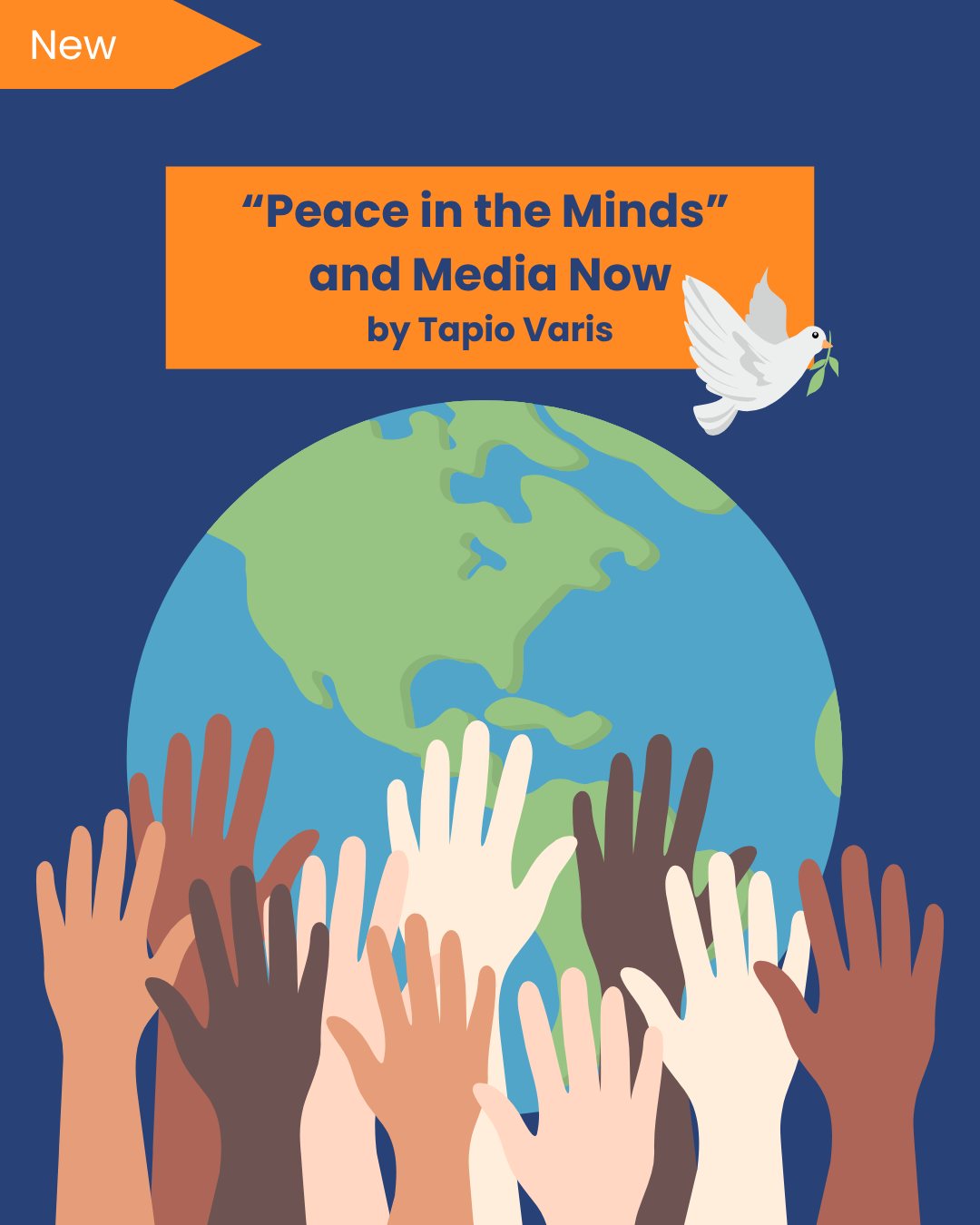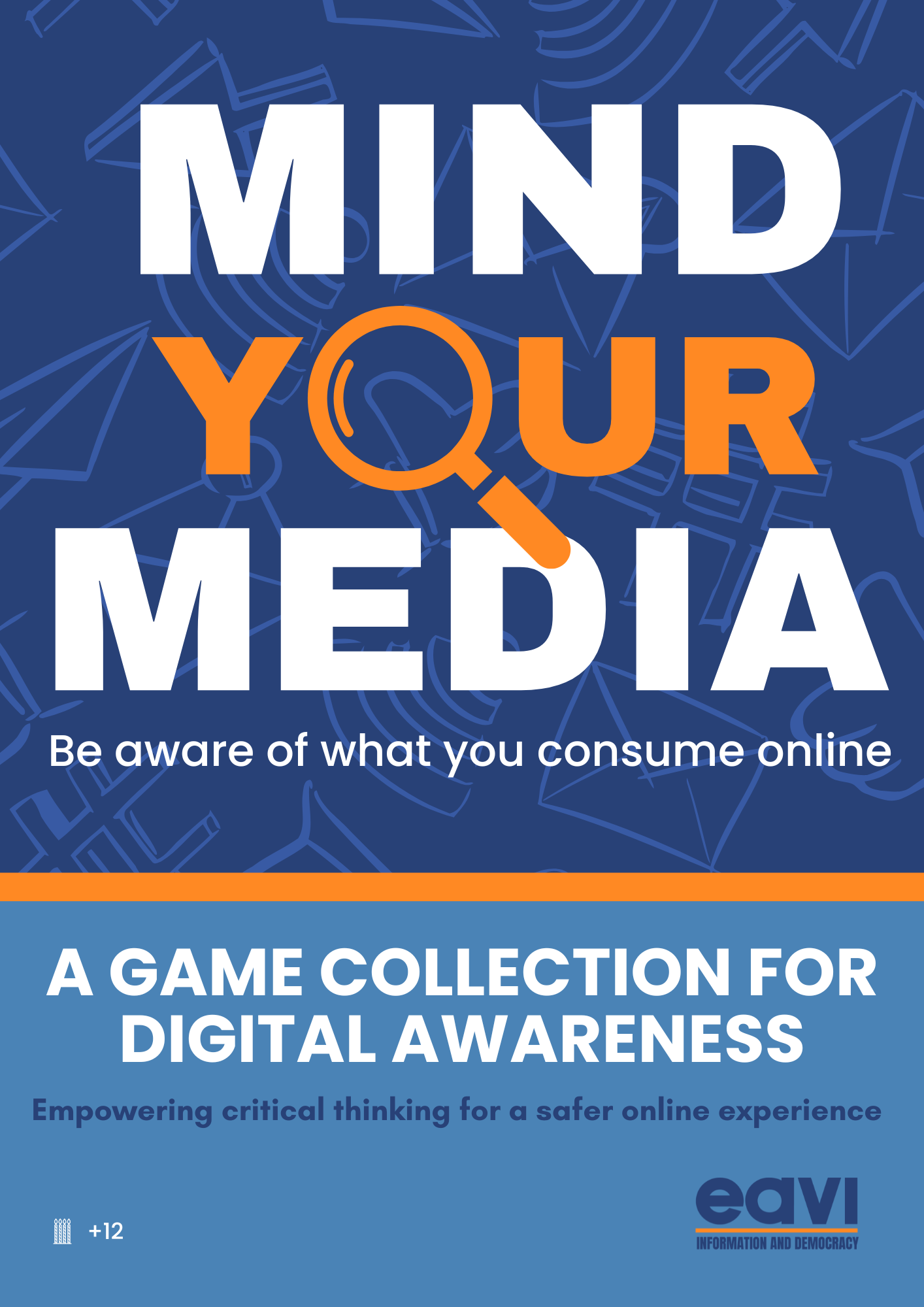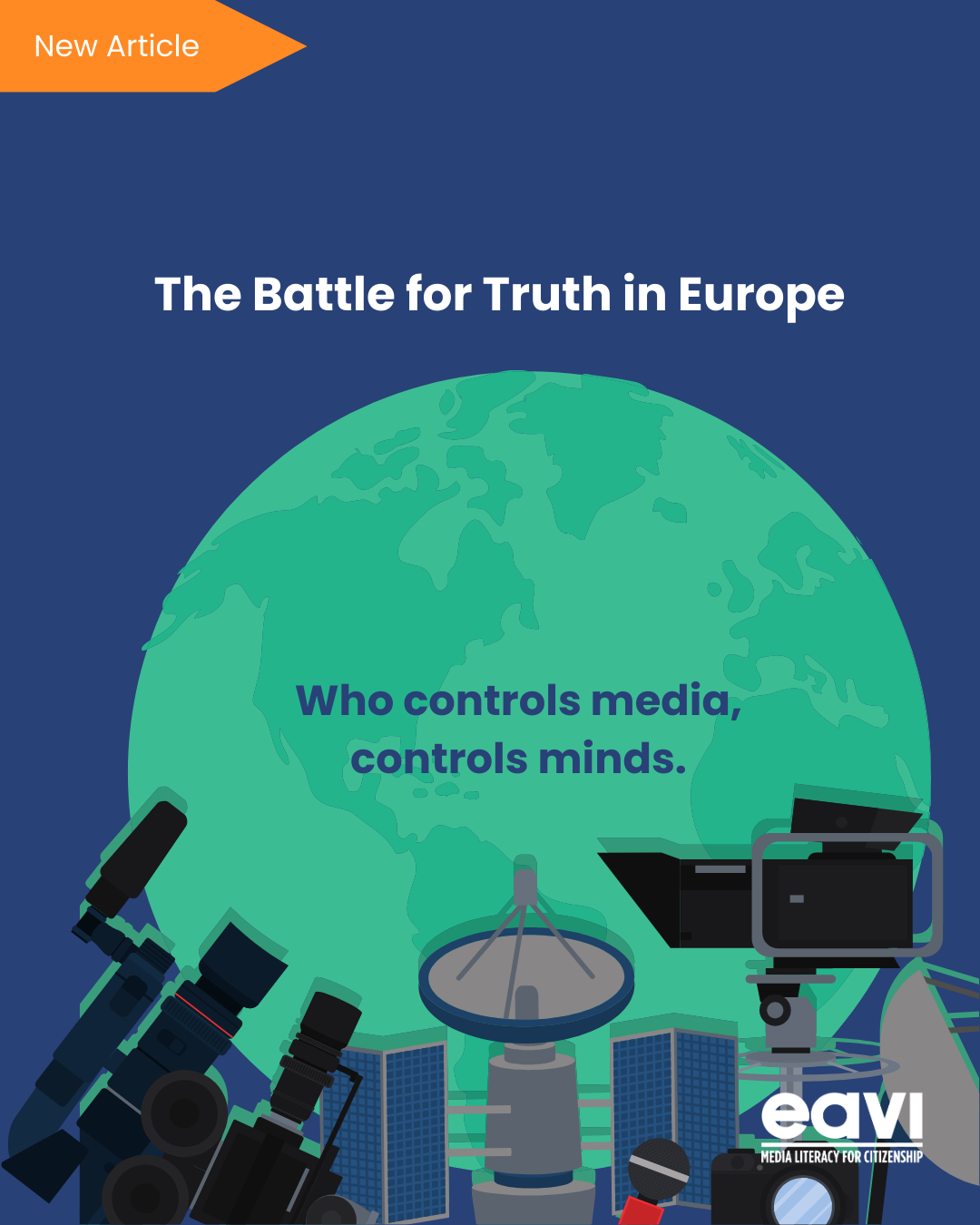
The Oxford Dictionary defines ‘fear of missing out’ as “a feeling of worry that an interesting or exciting event is happening somewhere else.” Today, social media has dramatically expanded this fear since we are bombarded with tremendous amounts of information and content from numerous resources. However, only a few people are aware that they are experiencing FOMO in their daily lives.
There are two ways in which we experience FOMO: The first is related to missing out on experiences. As we scroll through our feeds on social media, we see countless photos and videos of people participating in activities and sharing their experiences. These may be the festivals they attend, getting their degree, places they visit, or simply the latest movie they have seen. The constant exposure to this type of content pushes the person to compare one’s life with others. This comparison gives way to the fearful feeling that we are not living our lives up to our potential and to the illusion that we do not have enough experiences.
The second is the feeling that we are missing out on new information. Every moment we spend away from our phones, we are behind hundreds of tweets and Instagram posts next to the last emails we just received. You may be missing out on the newest deals your favourite shop offers or the latest updates on politics and the memes that come with it. As these thoughts surround us, step by step, we develop a social media addiction as we desperately want to know and get more of the latest information. This addiction to checking our social media accounts eventually leads to Doomscrolling, which explains the act of scrolling and going through news on social media, especially with our phones. Doomscrolling ends up taking a massive chunk of our time since we scroll almost as if we are in a state of trance through our feed. Moreover, the very design of scrolling down within social media platforms, instead of passing page to page like it was before, also accelerates our tendency to experience the phenomenon of doomscrolling.
Ultimately, we find ourselves in a repetitive cycle of scrolling screens and comparing ourselves to others. This cycle inevitably causes many physical and mental health issues, such as low self-esteem, anxiety, depression, stress, distracted driving, headache, lack of sleep and eye strain. In teenagers, it may also lead to participating in risky behaviours. These adverse effects remind us of the importance of being aware of our digital media usage and what we consume through it and that we should not let children have uncontrolled access to their devices.
For the prevention of the adverse effects mentioned above, we can also note how much time we spend online scrolling to become aware of whether we are developing an addiction or not. If we do, then gradually limiting the time spent online and increasing the time spent outdoors or on a hobby can benefit us greatly. Spending time with friends and loved ones is also essential to keep in touch with reality instead of getting lost in the digital world. If you are still facing problems, taking a break from social media or seeking professional help might be the solution.
–
References:
Elizabeth Scott, PhD. “Do You Have FOMO? Here Is How to Cope.” Verywell Mind, 15 June 2024.

The Oxford Dictionary defines ‘fear of missing out’ as “a feeling of worry that an interesting or exciting event is happening somewhere else.” Today, social media has dramatically expanded this fear since we are bombarded with tremendous amounts of information and content from numerous resources. However, only a few people are aware that they are experiencing FOMO in their daily lives.
There are two ways in which we experience FOMO: The first is related to missing out on experiences. As we scroll through our feeds on social media, we see countless photos and videos of people participating in activities and sharing their experiences. These may be the festivals they attend, getting their degree, places they visit, or simply the latest movie they have seen. The constant exposure to this type of content pushes the person to compare one’s life with others. This comparison gives way to the fearful feeling that we are not living our lives up to our potential and to the illusion that we do not have enough experiences.
The second is the feeling that we are missing out on new information. Every moment we spend away from our phones, we are behind hundreds of tweets and Instagram posts next to the last emails we just received. You may be missing out on the newest deals your favourite shop offers or the latest updates on politics and the memes that come with it. As these thoughts surround us, step by step, we develop a social media addiction as we desperately want to know and get more of the latest information. This addiction to checking our social media accounts eventually leads to Doomscrolling, which explains the act of scrolling and going through news on social media, especially with our phones. Doomscrolling ends up taking a massive chunk of our time since we scroll almost as if we are in a state of trance through our feed. Moreover, the very design of scrolling down within social media platforms, instead of passing page to page like it was before, also accelerates our tendency to experience the phenomenon of doomscrolling.
Ultimately, we find ourselves in a repetitive cycle of scrolling screens and comparing ourselves to others. This cycle inevitably causes many physical and mental health issues, such as low self-esteem, anxiety, depression, stress, distracted driving, headache, lack of sleep and eye strain. In teenagers, it may also lead to participating in risky behaviours. These adverse effects remind us of the importance of being aware of our digital media usage and what we consume through it and that we should not let children have uncontrolled access to their devices.
For the prevention of the adverse effects mentioned above, we can also note how much time we spend online scrolling to become aware of whether we are developing an addiction or not. If we do, then gradually limiting the time spent online and increasing the time spent outdoors or on a hobby can benefit us greatly. Spending time with friends and loved ones is also essential to keep in touch with reality instead of getting lost in the digital world. If you are still facing problems, taking a break from social media or seeking professional help might be the solution.
–
References:
Elizabeth Scott, PhD. “Do You Have FOMO? Here Is How to Cope.” Verywell Mind, 15 June 2024.

The Oxford Dictionary defines ‘fear of missing out’ as “a feeling of worry that an interesting or exciting event is happening somewhere else.” Today, social media has dramatically expanded this fear since we are bombarded with tremendous amounts of information and content from numerous resources. However, only a few people are aware that they are experiencing FOMO in their daily lives.
There are two ways in which we experience FOMO: The first is related to missing out on experiences. As we scroll through our feeds on social media, we see countless photos and videos of people participating in activities and sharing their experiences. These may be the festivals they attend, getting their degree, places they visit, or simply the latest movie they have seen. The constant exposure to this type of content pushes the person to compare one’s life with others. This comparison gives way to the fearful feeling that we are not living our lives up to our potential and to the illusion that we do not have enough experiences.
The second is the feeling that we are missing out on new information. Every moment we spend away from our phones, we are behind hundreds of tweets and Instagram posts next to the last emails we just received. You may be missing out on the newest deals your favourite shop offers or the latest updates on politics and the memes that come with it. As these thoughts surround us, step by step, we develop a social media addiction as we desperately want to know and get more of the latest information. This addiction to checking our social media accounts eventually leads to Doomscrolling, which explains the act of scrolling and going through news on social media, especially with our phones. Doomscrolling ends up taking a massive chunk of our time since we scroll almost as if we are in a state of trance through our feed. Moreover, the very design of scrolling down within social media platforms, instead of passing page to page like it was before, also accelerates our tendency to experience the phenomenon of doomscrolling.
Ultimately, we find ourselves in a repetitive cycle of scrolling screens and comparing ourselves to others. This cycle inevitably causes many physical and mental health issues, such as low self-esteem, anxiety, depression, stress, distracted driving, headache, lack of sleep and eye strain. In teenagers, it may also lead to participating in risky behaviours. These adverse effects remind us of the importance of being aware of our digital media usage and what we consume through it and that we should not let children have uncontrolled access to their devices.
For the prevention of the adverse effects mentioned above, we can also note how much time we spend online scrolling to become aware of whether we are developing an addiction or not. If we do, then gradually limiting the time spent online and increasing the time spent outdoors or on a hobby can benefit us greatly. Spending time with friends and loved ones is also essential to keep in touch with reality instead of getting lost in the digital world. If you are still facing problems, taking a break from social media or seeking professional help might be the solution.
–
References:
Elizabeth Scott, PhD. “Do You Have FOMO? Here Is How to Cope.” Verywell Mind, 15 June 2024.








































































































































































